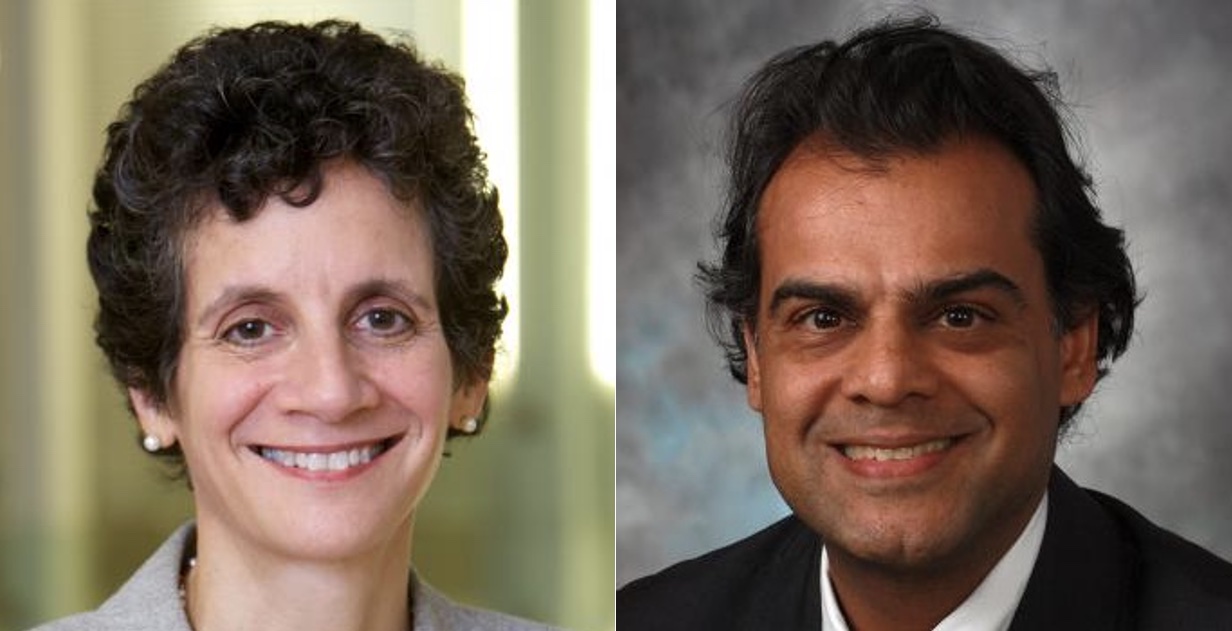Main navigation

RSF grantee Sherry Glied (New York University) and RSF author and former visiting researcher Ajay Chaudry(New York University) have authored a paper with Scarlett Sijia Wang (New York University) and Claudia Babcock (New York University) in the American Journal for Public Health on how the leak of an executive order detailing the Trump Administration’s intention to broaden the public charge rule, thus creating barriers to obtaining lawful permanent resident status, affected the health of immigrant mothers and newborns in New York State.
Since 1999, a public charge has been defined as a person who is primarily dependent on federal benefit programs for their income or a person who required long-term institutionalized care. When a person is deemed a public charge, they are no longer eligible for permanent residence in the U.S. In 2017, a leaked executive order revealed the Trump Administration’s plan to expand the definition of a public charge to include those simply utilizing certain public benefit programs, including Medicaid, the Supplemental Nutrition Assistance Program (SNAP), and housing assistance, therefore restricting low-income immigrants’ use of these benefits.
Though the law did not go into effect until January 2021, Glied, Chaudry, and their co-authors found that the leak of the executive order was associated with a significant delay in prenatal Medicaid enrollment among non-citizen pregnant women in New York State: in January 2017, 57% of non-citizen pregnant women enrolled in Medicaid in their second trimester or later, an increase from 48% in March 2016. The authors also found that in New York State, excluding New York City, non-citizen women had significantly fewer prenatal doctor visits as compared to citizens. As a result of delays in enrollment and fewer prenatal visits, the likelihood of severe maternal morbidity – unexpected outcomes of labor and delivery that result in significant consequences to a woman’s health – and lower newborn birth weight was higher for non-citizen women.
The authors believe that the discrepancy in outcomes between New York City and New York State as a whole is due to the extensive outreach to immigrant communities in New York City. As New York State has historically had relatively inclusive health and welfare immigration policies, adverse outcomes may have been worse in other areas of the country.
Sherry Glied is Dean of New York University’s Robert F. Wagner Graduate School of Public Service and professor of public service at New York University. She is the recipient of multiple RSF research grants.
Ajay Chaudry is a research scholar at New York University’s Institute for Human Development and Social Change and the Robert F. Wagner Graduate School of Public Services. He is the author of RSF book Putting Children First: How Low-Wage Working Mothers Manage Child Care, a co-author of RSF book Cradle to Kindergarten: A New Plan to Combat Inequality, a contributing author to RSF: The Russell Sage Journal of the Social Sciences issue “Anti-Poverty Policy Initiatives for the United States,” a former RSF visiting researcher, and the recipient of multiple RSF research grants.
Read the full article in the American Journal for Public Health.
Read a summary of the article’s findings.
Learn more about the RSF grant that funded this project.





